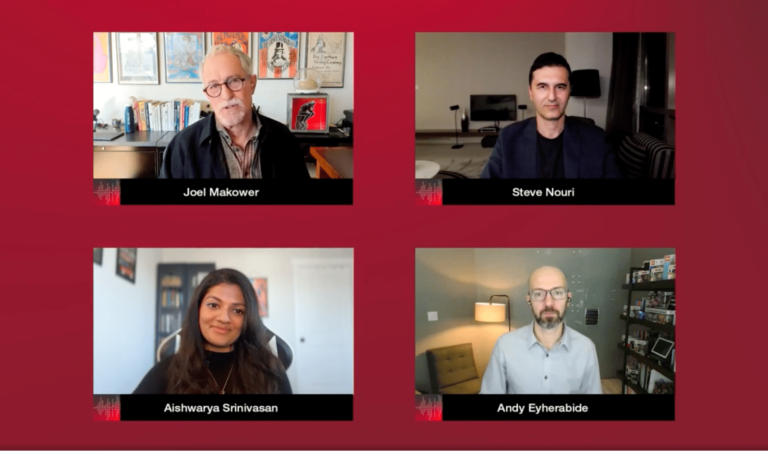- Services
Technology Capabilities
Technology Capabilities- Product Strategy & Experience DesignDefine software-driven value chains, create purposeful interactions, and develop new segments and offerings
- Digital Business TransformationAdvance your digital transformation journey.
- Intelligence EngineeringLeverage data and AI to transform products, operations, and outcomes.
- Software Product EngineeringCreate high-value products faster with AI-powered and human-driven engineering.
- Technology ModernizationTackle technology modernization with approaches that reduce risk and maximize impact.
- Embedded Engineering & IT/OT TransformationDevelop embedded software and hardware. Build IoT and IT/OT solutions.
- Industries
- GlobalLogic VelocityAI
- Insights
BlogsMarch 15, 2023GlobalLogicIf You Build Products, You Should Be Using Digital Twins
Digital twin technology is one of the fastest growing concepts of Industry 4.0. In the ...
 BlogsJanuary 25, 2023GlobalLogic
BlogsJanuary 25, 2023GlobalLogicDeploying a Landing Zone with AWS Control Tower – Part 3
In this post, we’re going to walkthrough some of the remaining post configuration tasks...
- About
BlogsBlogsBlogsBlogsBlogsBlogsBlogsBlogsBlogsBlogs
















